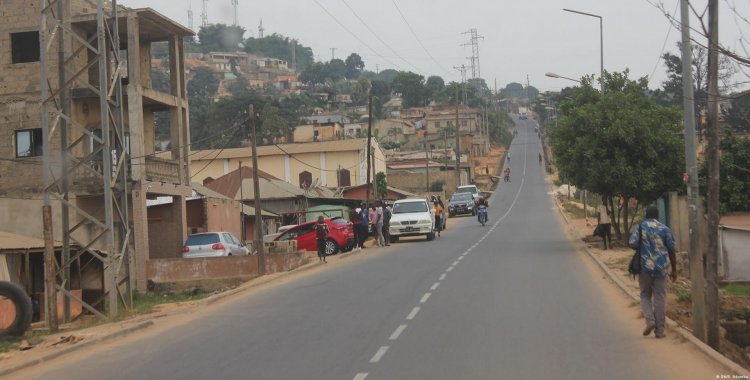According to the FLEC-FAC statement, the joint operation launched by the Armed Forces of the Democratic Republic of Congo (DRCongo) and the Angolan Armed Forces "is a strategic process that aims to eradicate Cabindan refugees in the centers of DRCongo" and that they should, therefore, be under the protection of the United Nations High Commissioner for Refugees (UNHCR).
FLEC-FAC also denounces that three Cabindan civilians were executed by Angolan soldiers in the village of Kipholo, in DRCongo on Saturday, one day after three more civilian deaths were recorded by Angolan soldiers, including that of the son of traditional chief of the Bonde-Grande village.
According to Cabinda independence activists, nine civilians were arbitrarily arrested on Sunday on the border between Cabinda and DRCongo.
"The Angolan authorities use joint military operations in Congolese territory to target Cabindan refugees in the DRCongo and the Angolan military carries out violent repression against the Cabindan populations living in the DRCongo and along the border between Cabinda and Central Congo with impunity" reads the note signed by Jacinto Antonio Télica, general secretary of FLEC-FAC.
FLEC has been fighting for the independence of the territory, from where much of the country's oil comes, for several years, claiming that the enclave was a Portuguese protectorate – as established in the Treaty of Simulambuco, signed in 1885 – and not an integral part of the Angolan territory.
The Government normally refuses to recognize the existence of dead soldiers resulting from guerrilla actions by independence activists, or any situation of instability in that province in the north of the country, always emphasizing the unity of the territory.







